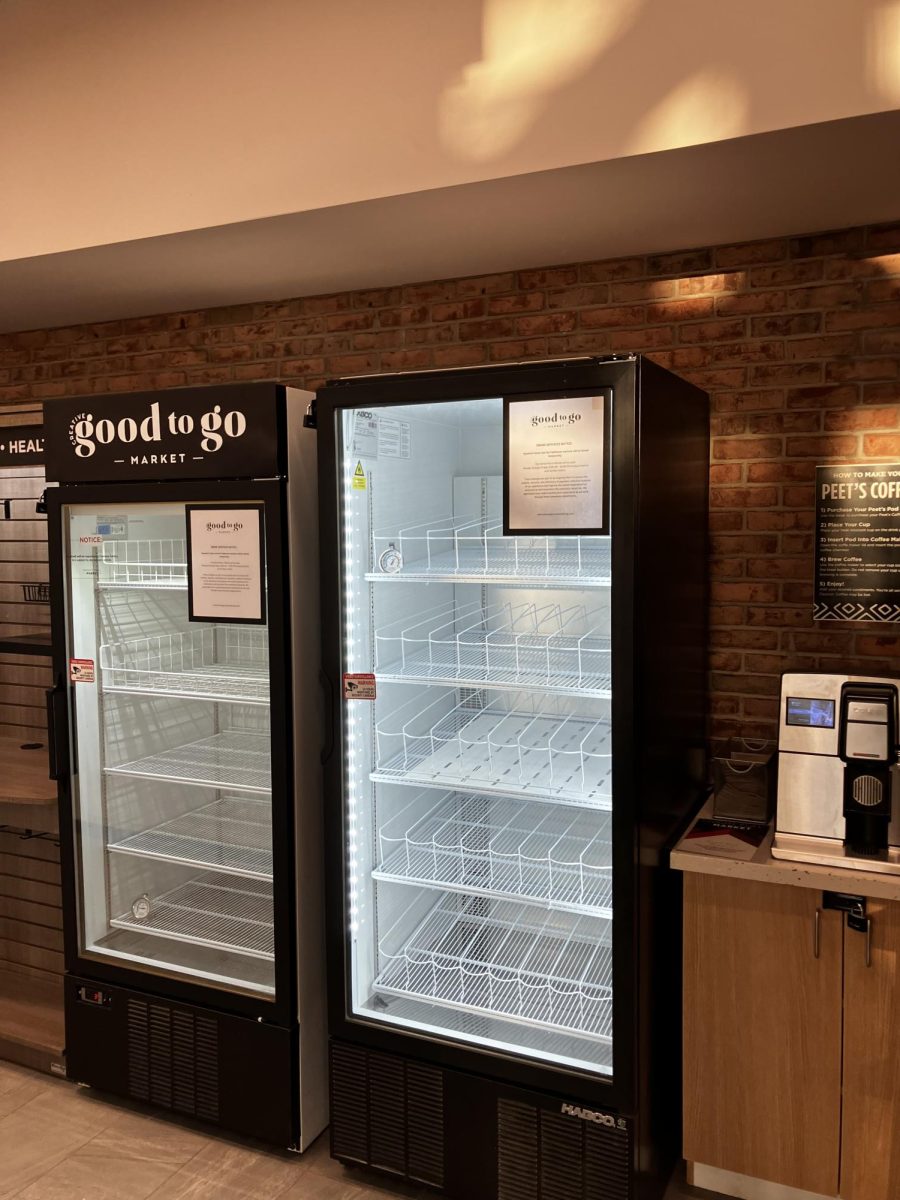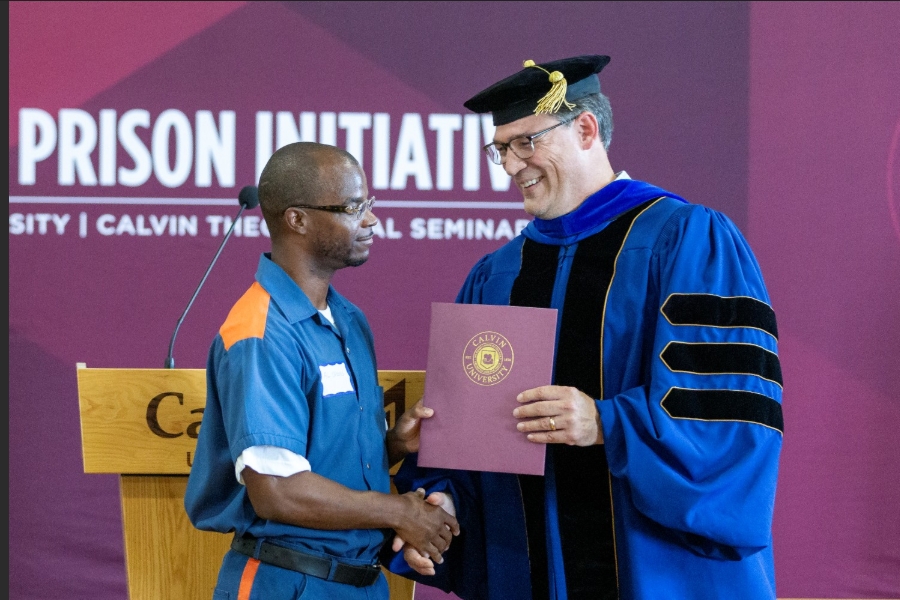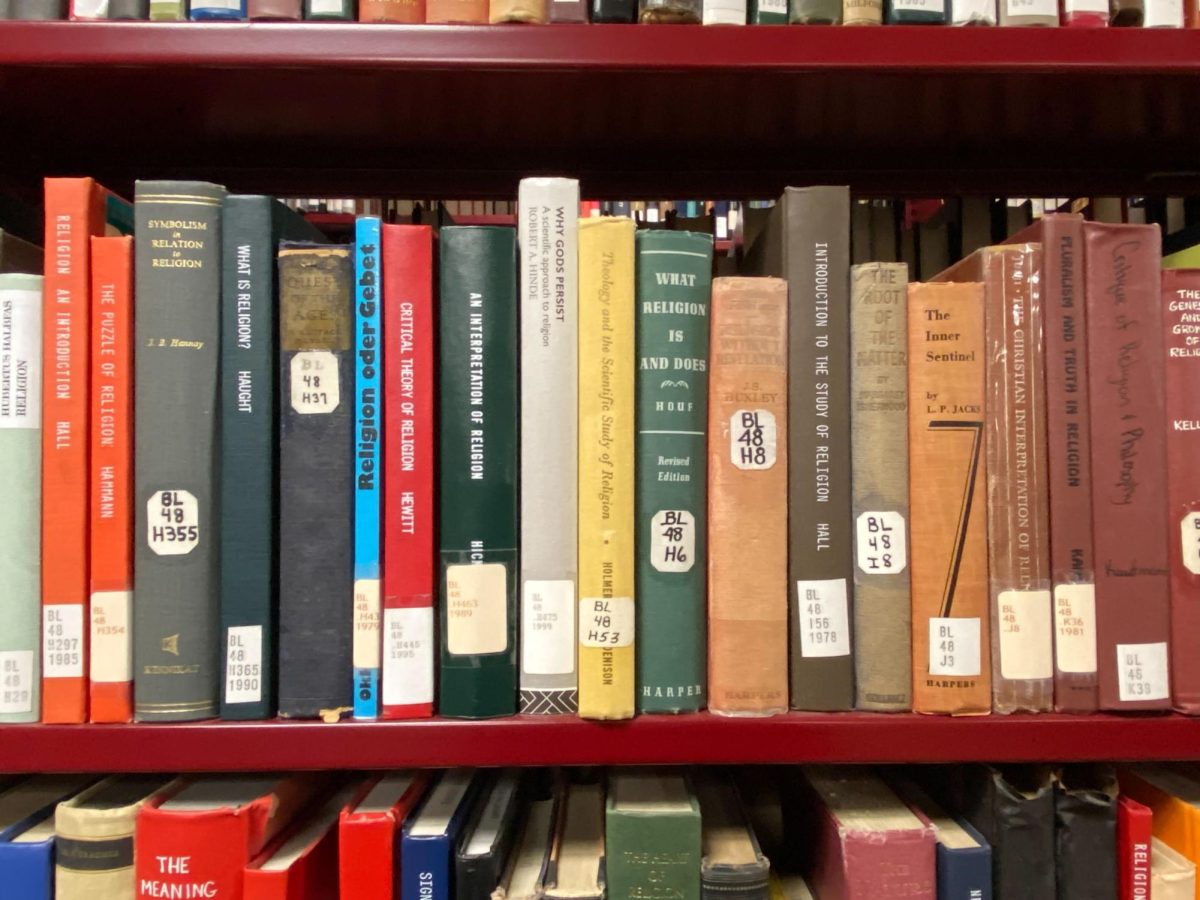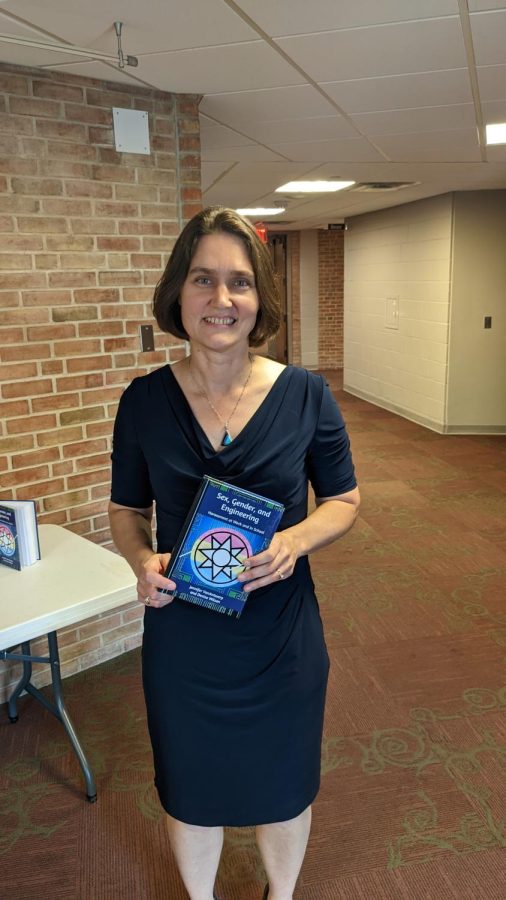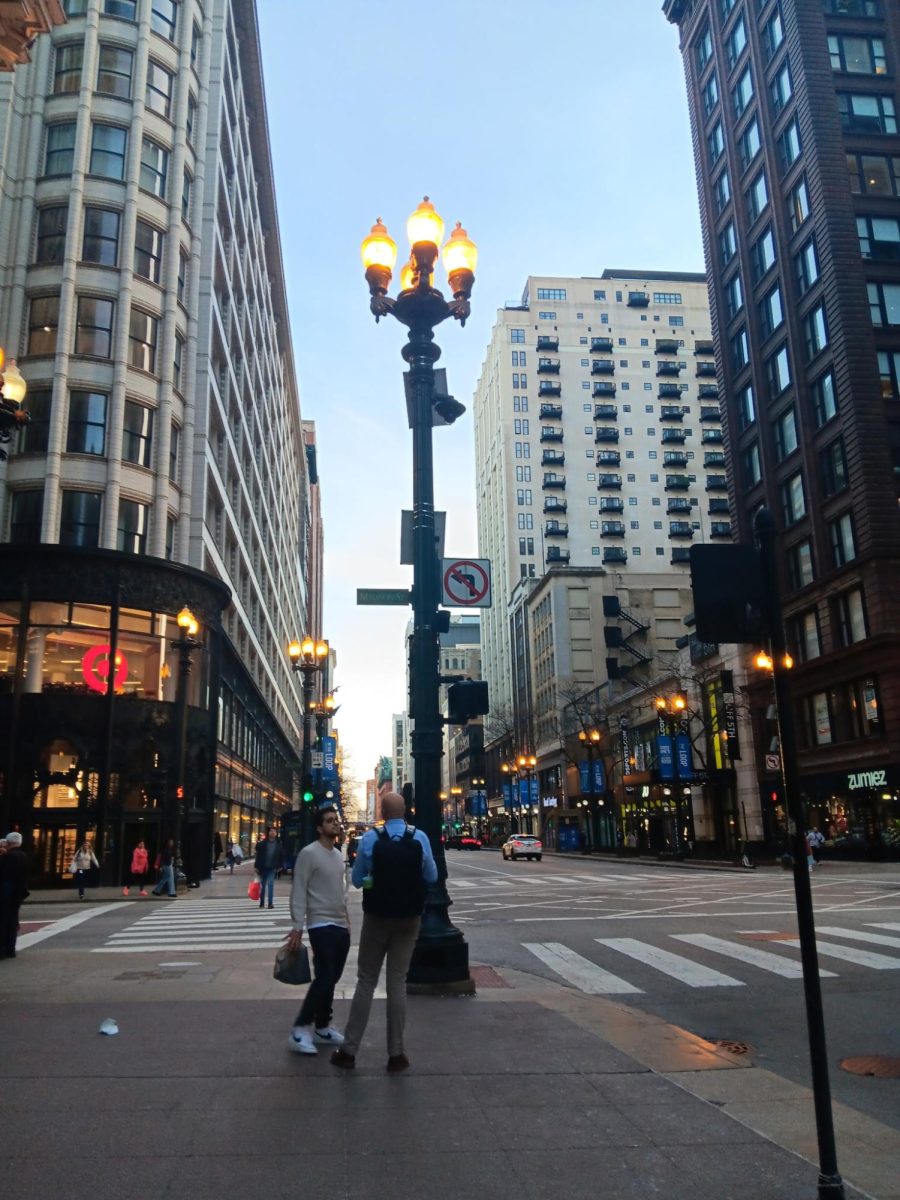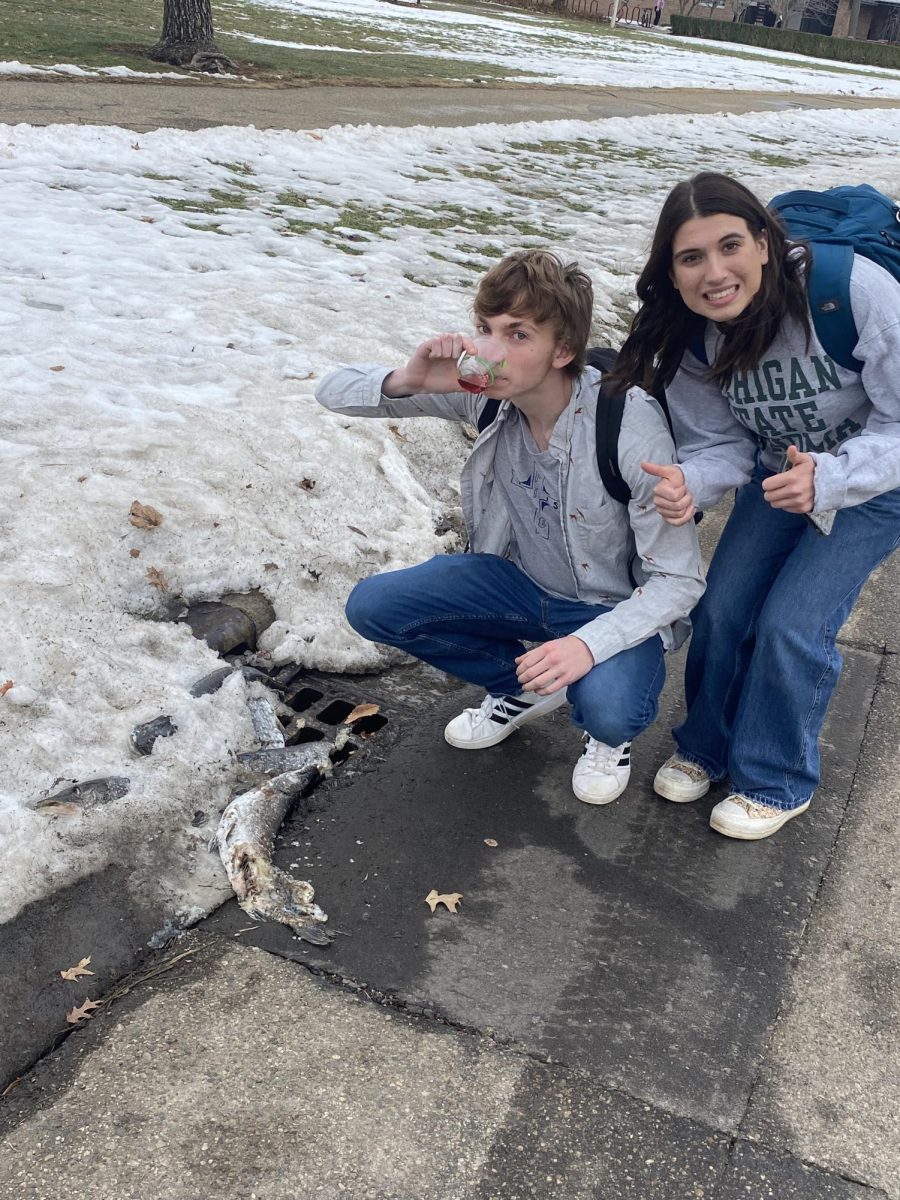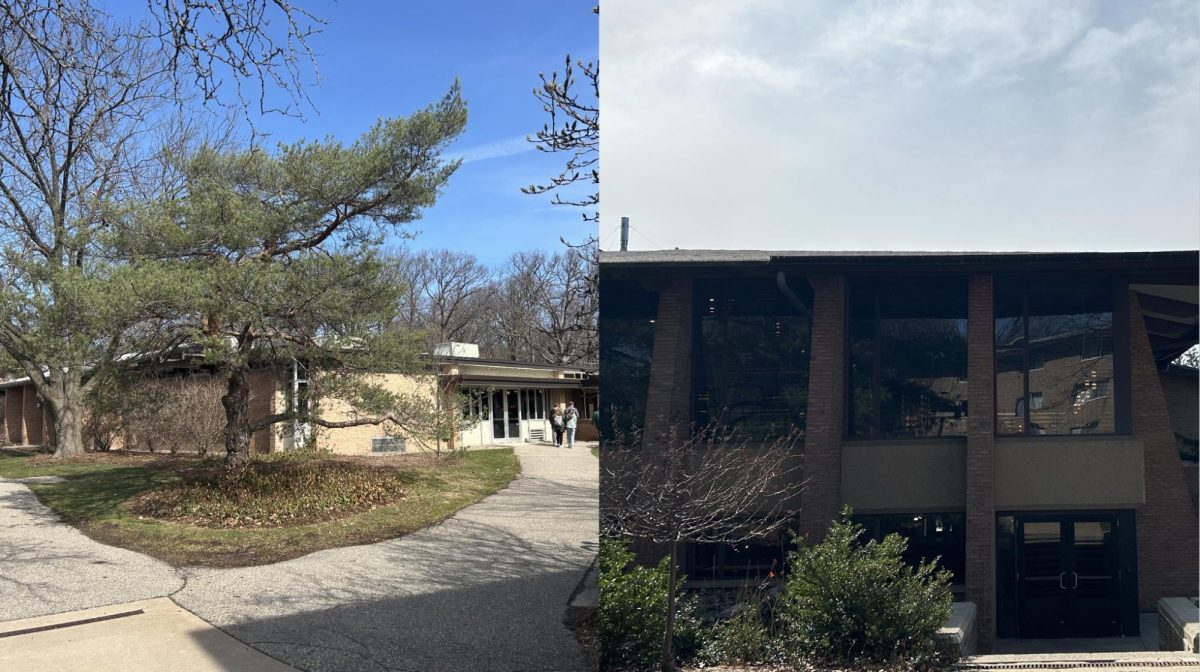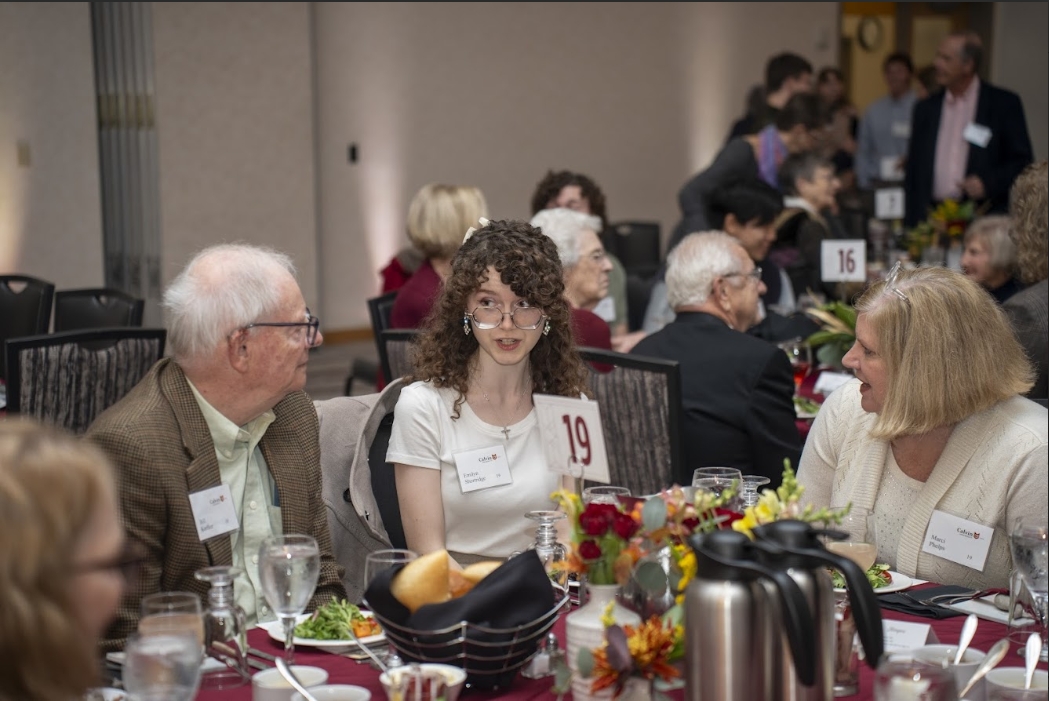When incarcerated students on Handlon’s campus read about crimes committed on Knollcrest’s campus, many of us laugh. Our laughter likely results from the relatively petty and harmless nature of most offenses the Chimes’ Campus Crime Blotter reports. However, not all Handlon campus students take Knollcrest criminal activity lightly. For some, these are serious behaviors which require us to ask questions, make challenges and share advice.
One such student who takes the Campus Crime Blotter’s growing list of offenses seriously is Kerry Holley, a 57-year-old CPI sophomore. For Holley, petty campus crimes are gateway offenses that may escalate into more serious offenses. “It’s the foot-in-the-door principle,” says Holley. “We gain the confidence to commit greater offenses by getting away with smaller ones. [For example,] I believed breaking small rules was harmless, which led me on the path that ultimately landed me behind the gates and walls of these penitentiaries.” For this reason, Holley encourages any Knollcrest student who struggles with temptations to resist acting on them.
Overall, Holley challenges our Calvin community — both free and incarcerated — to consider how a student’s criminal record will impact their reputation. “Theft bother[s] me a lot because it requires dishonesty,” says Holley. “When you are accused of something you didn’t do, the only thing you will be able to rely on is your reputation. Your best defense is having a good name because society treats people who have bad reputations with immediate skepticism and suspicion. It’s the difference between being ‘innocent until proven guilty’ and being ‘guilty until proven innocent.’”
Another student is Lamont Robinson, a 52-year-old CPI junior. “I don’t think it’s funny when I read the Blotter,” says Robinson. “I wonder, ‘why would you do this? You have no need to steal, so are you doing this for fun?’”
Robinson believes motivation and lifestyle should inform the way we respond to students and staff who commit crimes. For instance, many Calvin students come from financially stable families and have never faced starvation or being unhoused, making theft and coffee shop break-ins less understandable. “I think that should encourage more scrutiny, because they don’t have a justifiable reason for committing a criminal act,” says Robinson. “If a student is not financially struggling, their criminal behavior is more concerning than someone who breaks into a donut shop because they have no access to food.”
Like Holley and Robinson, Alec Piper, a 26-year-old CPI freshman, does not condone theft and shoplifting at Calvin. However, he challenges the focus we give reputation and privilege. “I don’t expect them to uphold standards because they are privileged,” says Piper. “And it should also be about more than just saving face. It should be more about living up to your true human nature. This is a values issue instead of a class issue.”
While Piper does not want to shame or condemn anyone, he believes our community should have expectations. “This criminal behavior is abhorrent because our university does so much for us,” says Piper. “People should feel safe at a place like Calvin University, but stealing takes away their sense of security.”
For Mick Fletcher, a CPI junior, faith and neighborly love should inform the legal process. “Loving God and loving our neighbor: this should be the rule by which we live within the Calvin community,” says Fletcher. “When we steal from one another, we violate this ethic and must be held accountable for it; we must restore that which may be restored.” Crimes like theft deny victims their God-given right to be loved by their neighbor; therefore, restoration not only repairs a victim’s faith in humanity, but also guides a community back toward shalom.
According to Fletcher, neighborly love should also influence how we relate to students who commit crimes. “Loving our neighbor also involves recognizing one another’s needs, including those needs which might compel us to steal — needs not necessarily apparent — and we must restore that which may be restored,” emphasizes Fletcher. “Loving one another is always a mutual endeavor, and a necessary endeavor if we are to foster and maintain relationships upon which our community is founded.”
In the end, concerned CPI students will not condone student crimes like theft and shoplifting, but that doesn’t stop us from sharing love and encouragement. Every student guilty of a crime has the ability to make things right again; we know this from experience. For instance, we have seen countless prisoners transform into healthy and trustworthy neighbors. It only requires us to love others the way God has always loved us.
Alec Piper says it best: “Anyone can change if you have the will or desire.”



